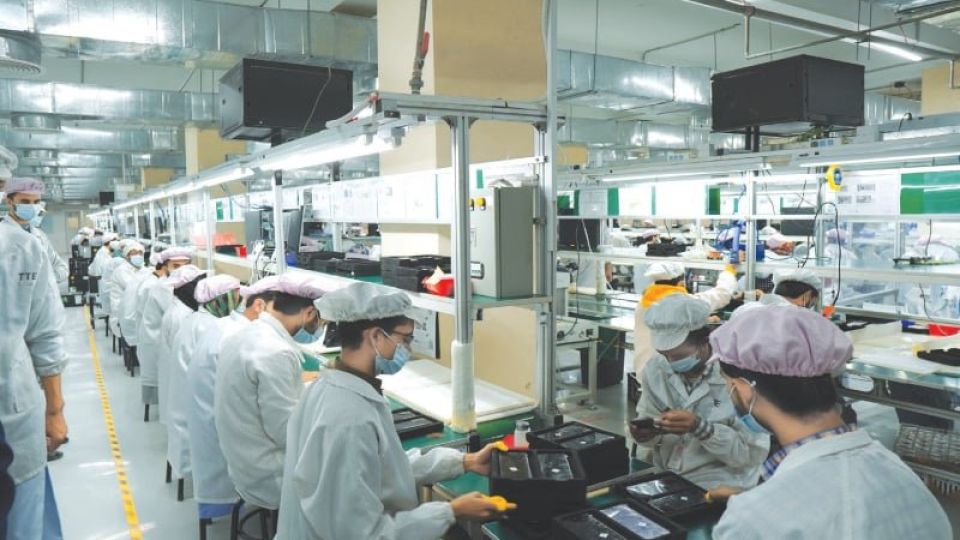April 3, 2023
ISLAMABAD – Almost all of the country’s 30 mobile phone assembly units, including three run by foreign brands, have shut down as manufacturers say they have run out of raw material amid import restrictions, putting the future of some 20,000 employees at stake.
Most companies have furloughed employees after paying them half of their April salaries in advance. They have been told that they will be called back as soon as production resumes.
Talking to Dawn, a mobile phone manufacturer expressed sorrow that the companies had to send employees home in Ramazan.
“My family has three mobile production units, and all are closed,” he said and pinned the blame on “incompetent and strange policies” of the finance ministry.
He was referring to government policies that have made it difficult for an importer to get a letter of credit (LC) — a document from a bank guaranteeing that a buyer’s payment to a seller will be received on time and for the correct amount. This has stopped the imports of key equipment and components used in mobile phone manufacturing.
The Pakistan Mobile Phone Manufacturers Association (PMPMA) informed the IT ministry in a recent letter that the local mobile supply had almost stopped and the markets had also started to face mobile phone shortages.
The letter, written by the association’s chairman, Haji Abdul Rehman, highlighted that the situation was equally troubling for consumers, who have to pay significantly higher prices for mobile sets manufactured locally.
Mr Rehman told Dawn that the price of low-cost imported phones and the locally assembled units were getting close, which he said would eventually hurt sales of local sets.
In the letter, he told the IT ministry added that the country’s mobile industry, comprising 30 manufacturers including three foreign players, was on the brink of shutdown as many investors might shift their focus to other sectors.
He said companies have almost run out of raw materials, which mostly came from China, South Korea and Vietnam.
Mobile manufacturers have said that the industry requires imported parts and components worth $170 million every month to operate at full capacity, but the government is not allowing the opening of credit letters amid dollar shortage. They said no LC had been opened since the last week of December.
“We fear that banks have been verbally instructed by the SBP (State Bank of Pakistan) not to entertain imports by mobile phone manufacturers across Pakistan,” Mr Rehman said. He said local manufacturers had sent their employees home and 90 per cent of Chinese experts had gone back to their country. “This is a serious blow to Pakistan’s reputation as a mobile manufacturer,” he added.
During the eight months from May to December last year, the industry was being allocated a monthly quota of $83m, which was around half of the industry’s total LC demand, manufacturers said. They feared that foreign investors would roll back their investments.
Pakistan has been producing over 2.5m phones per month on average since April last year, catering to around 90pc of the total demand and only the high-end sets are imported.
“Apart from meeting the demand at home, the Made in Pakistan sets have been exported as well, which is an encouraging sign for the whole industry,” said Muzzaffar Hayat Piracha, CEO of Air Link Communication Ltd, one of the country’s largest smartphones distributors, manufacturers, and retailers.
Mr Piracha said that once the production line and sales mechanism were streamlined, the industry’s next target was to move for localising accessories like chargers, batteries, earphones, cables, etc. “All such plans have now been put on hold. At present, we are even worried about the future of the basic industry,” he said.
He said that once an industry faced widespread closure, it became extremely difficult to get started again because investor confidence got shattered.
The mobile phone industry employs 20,000 young Pakistanis and creates another 20,000 jobs indirectly.
The PMPMA has asked the government to allow the import of parts in a reasonable quantity, which should be enough to let the industry run at half capacity.


